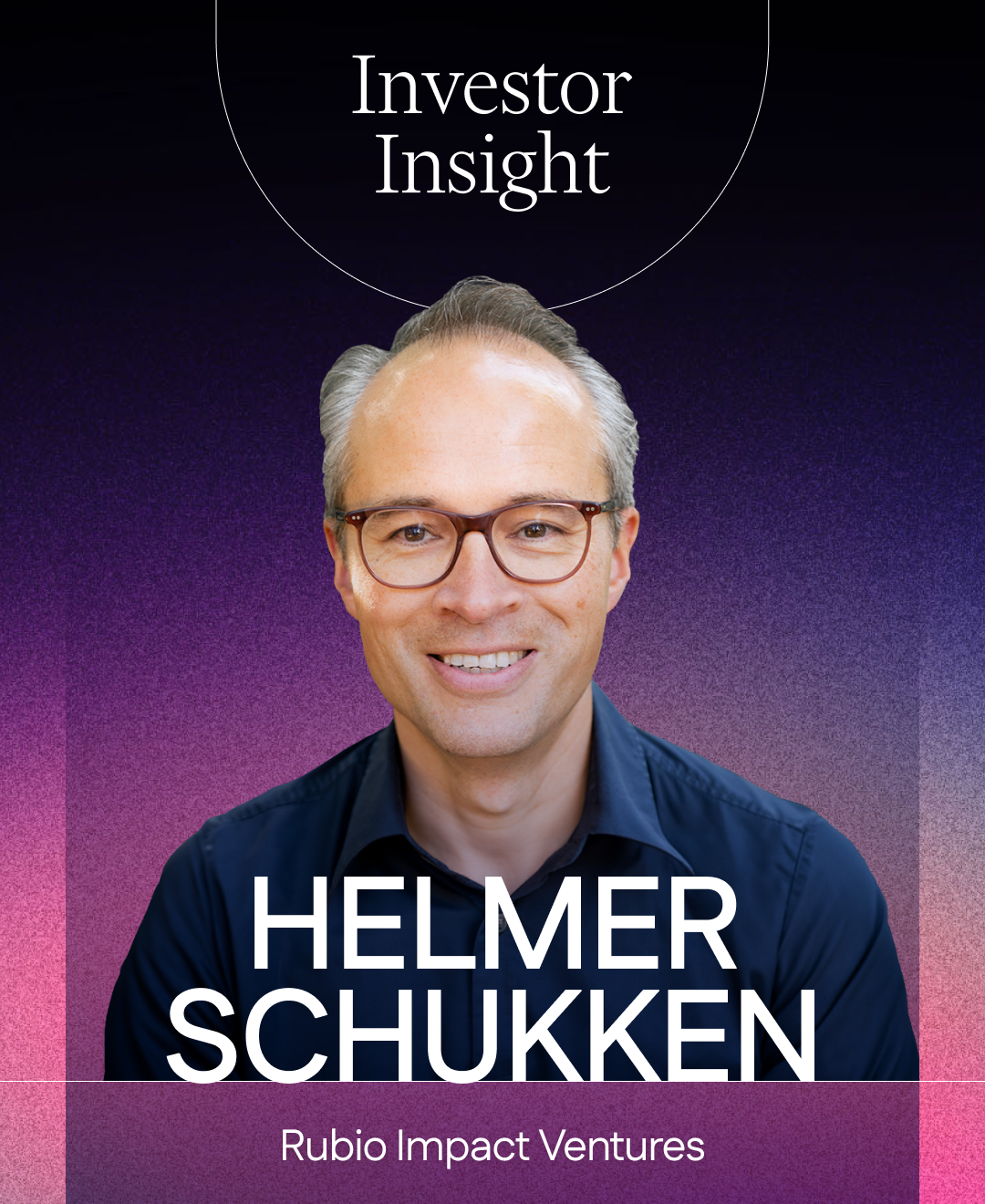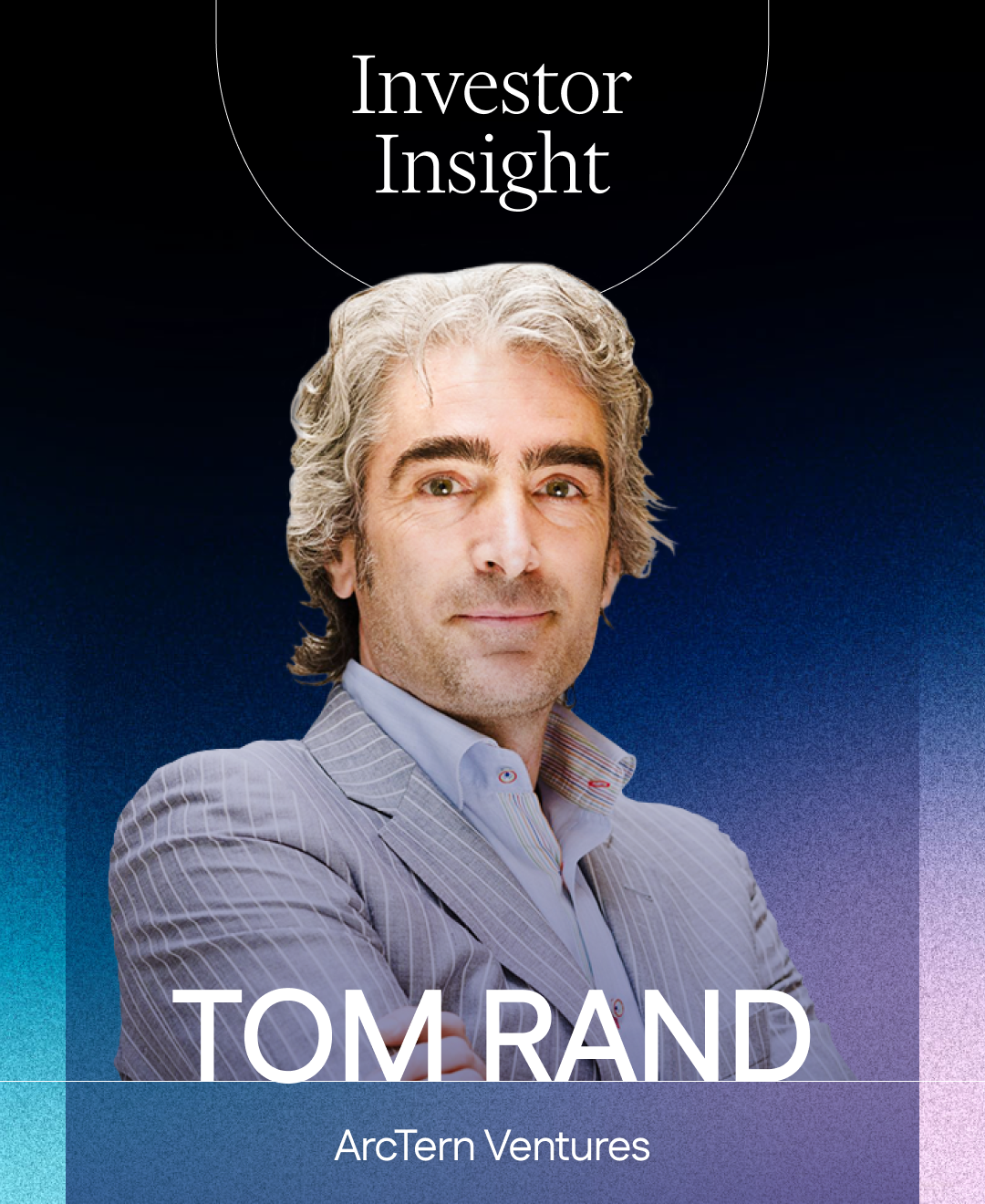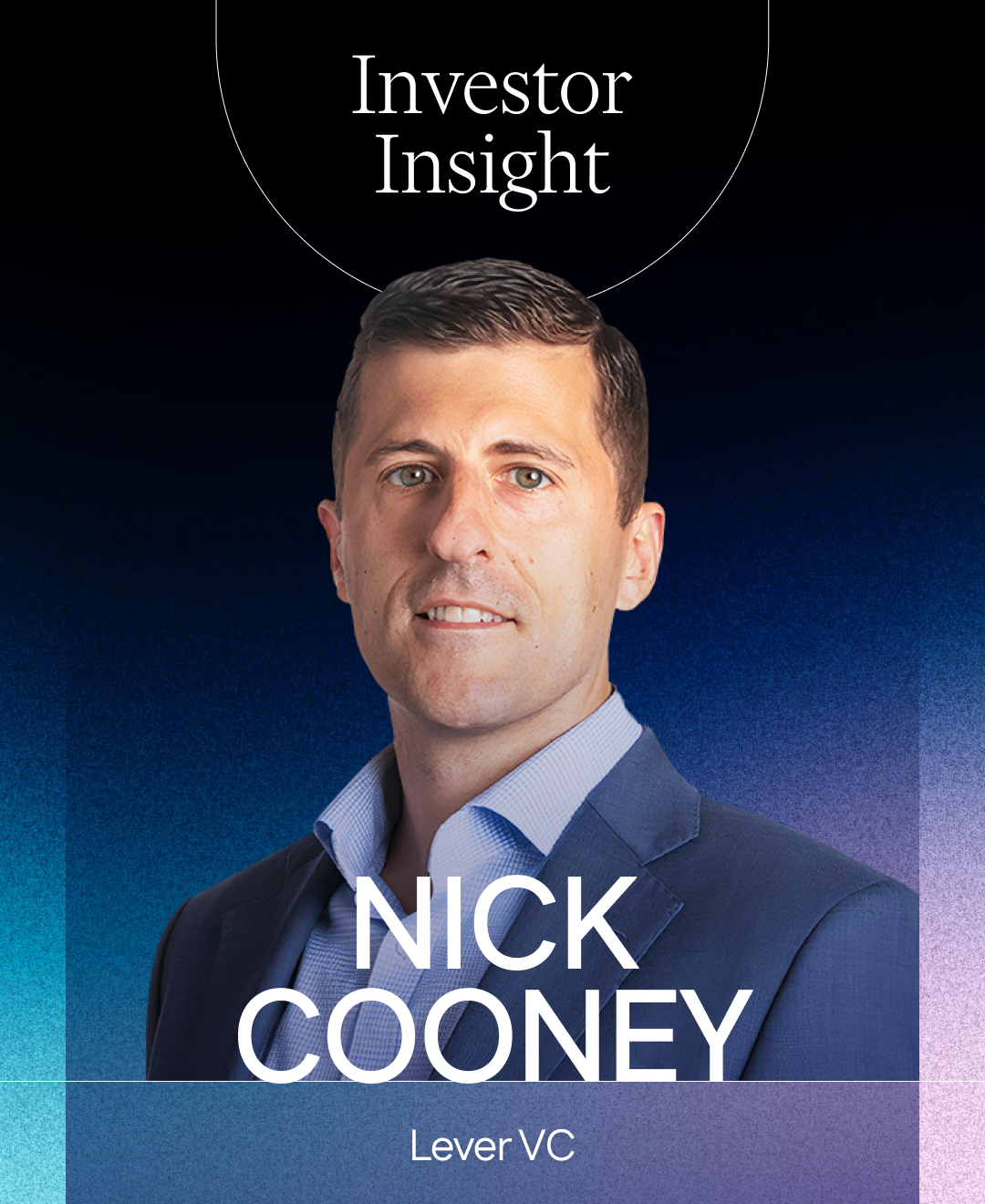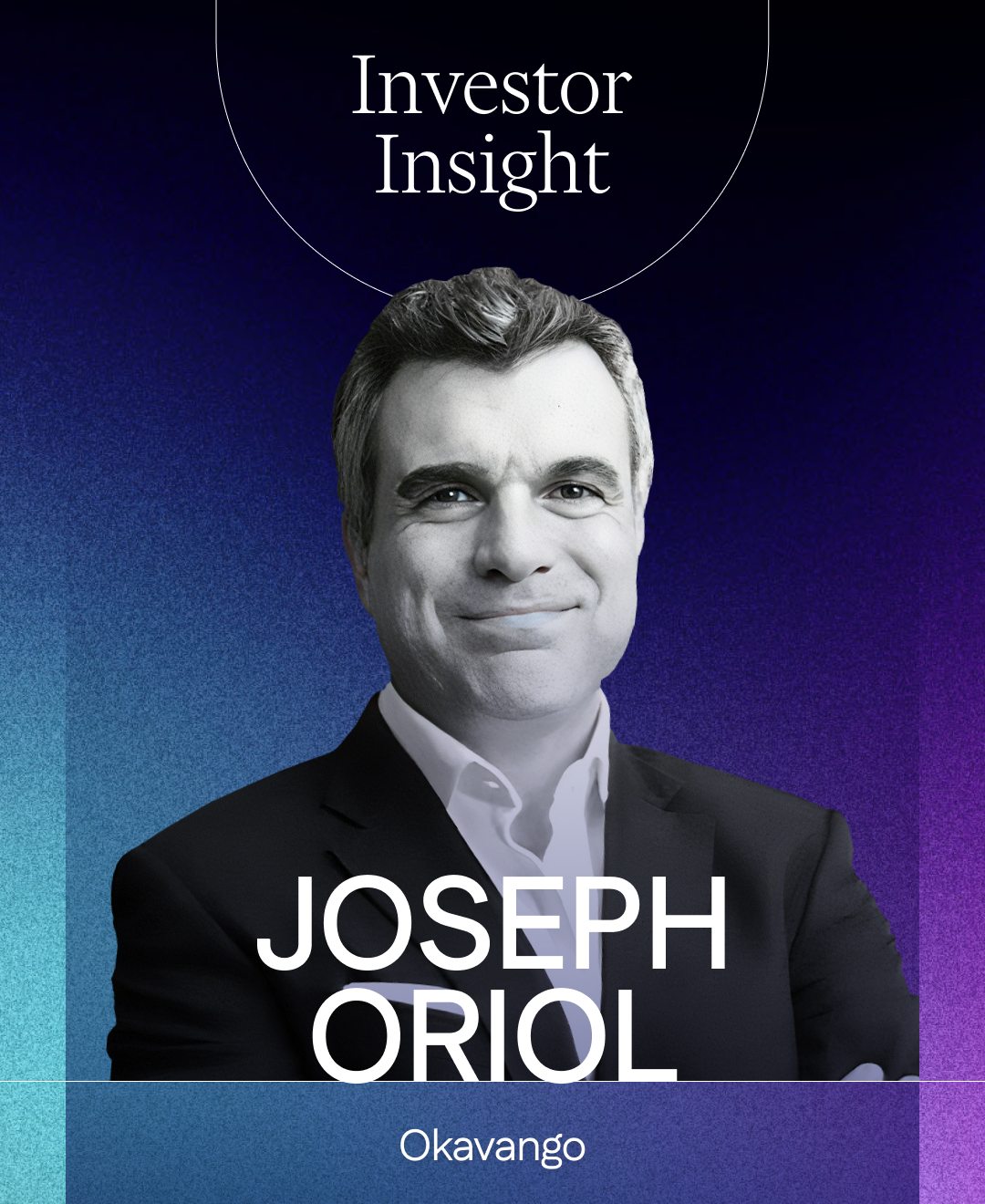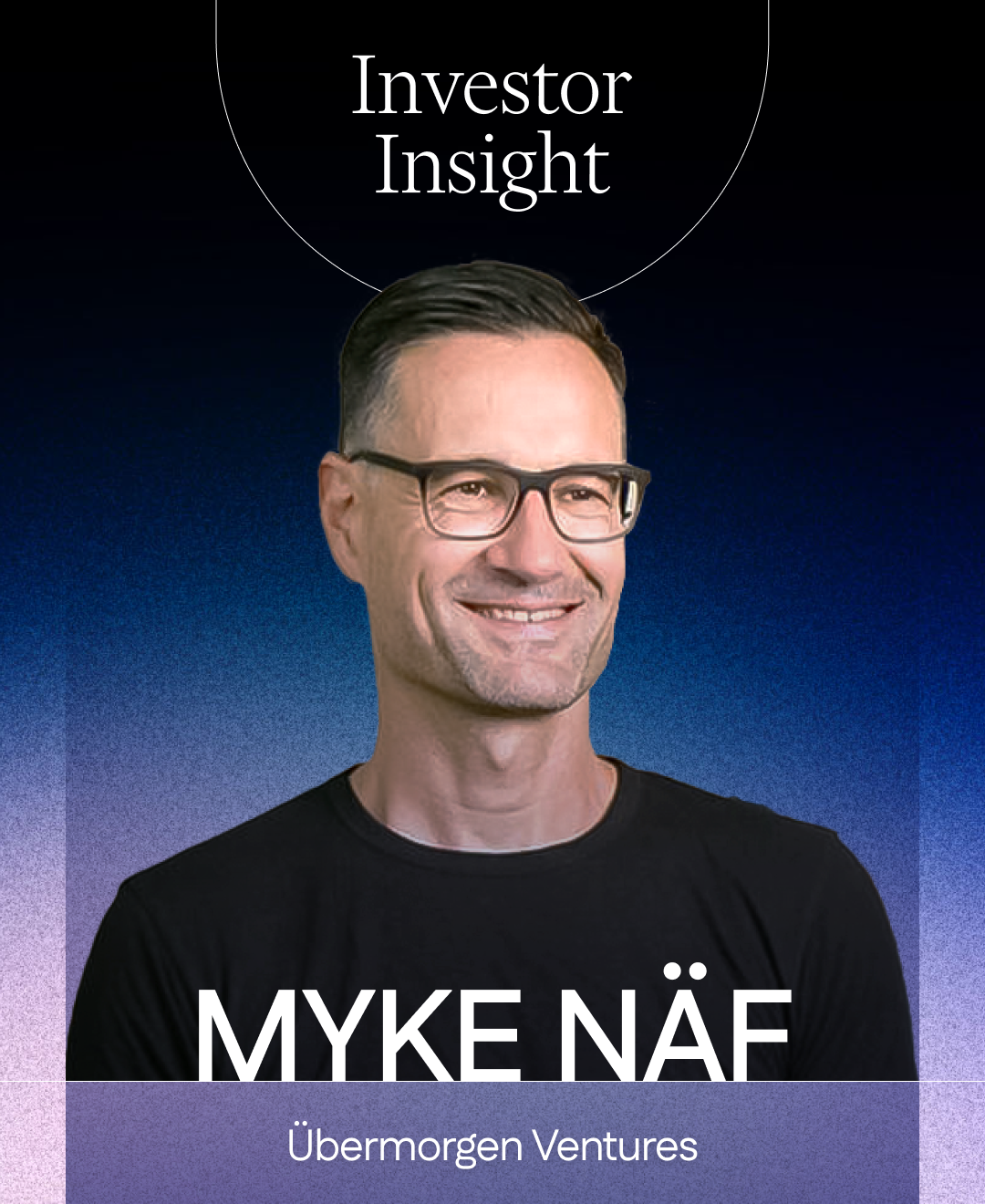
- Check size: €1 million to €10 million for early-stage investments
- Stage you invest: Fund primarily targets Series A and B startups and scale-ups that are developing digital and asset-light solutions for the energy transition.
- Size of your fund: Target Size €250 million
- Industry verticals: 3 Themes: Future Energy, Future Cities, Future Technologies
- Geographies you invest in: The fund is active in Europe, North America, and Israel, targeting innovation hubs in these regions.
- Portfolio companies include: Piclo (Europe, Future Energy), Reev (Europe, Future Cities) and Station A (North America, Future Cities)
Brighter Future spoke with Jan Lozek, founder and managing partner of Future Energy Ventures. Future Energy Ventures is dedicated to decarbonising the planet through early-stage technology investments, particularly those focused on renewable energy, smart cities, and advanced technologies. During our conversation, Jan shared invaluable insights on climate tech investing and offered advice for founders looking to secure funding in this dynamic sector.
With over two decades of experience in both the energy and startup sectors, Jan has cultivated a deep understanding of the forces driving the energy transition. His career began in business economics, and after setting up several startups, he shifted into energy, ultimately founding his first venture capital fund in 2016 in partnership with E.ON— a European utility company. That fund was a €300 million initiative that successfully invested in 50 companies across North America, Europe, and Israel, targeting technologies to combat climate change.

After managing the first fund’s portfolio, Jan and his team expanded their vision. They recently closed the first round of their second fund at the end of 2023. Jan explained that their primary goal was to invest in companies that can help decarbonize the planet within the next decade— a clear continuation of their mission to address climate change head-on.
Mission and Investment Philosophy
Jan’s investment philosophy revolves around accelerating the energy transition with early-stage technologies. His approach is thesis-driven, focusing on three key verticals: renewable energy, future cities, and advanced future technologies. He emphasised that while the renewable energy sector offers a wealth of digital tools, their goal is to support innovation that drives scale— particularly tools that help manage and connect renewable energy systems.
“Heat pumps, solar panels, and electric vehicles already exist, but we’re looking for ways to organise and manage the emerging energy system that will be fully renewable,” he said.
The second vertical, future cities, focuses on the electrification of transportation and energy interconnections, along with energy-efficient solutions for buildings. Jan noted, “We see huge potential in energy management systems, particularly in the built environment where IT platforms can help us achieve net-zero targets.” The third vertical encompasses future technologies like carbon markets and cybersecurity to ensure decentralised energy systems remain secure.

Impact of Economic Changes
The global energy crisis— particularly the war in Ukraine and the disruptions it caused in European energy markets— reinforced Jan’s belief in the relevance of their investment thesis. “The crisis has driven significant scaling of the technologies we invest in,” he said, highlighting how renewable energy sources have seen increased demand as countries look for alternatives to fossil fuels. This shift has only validated Future Energy Ventures’ focus on companies offering solutions that promote decarbonization.
Investment Criteria and the Importance of Storytelling
When it comes to early-stage investments, Jan emphasised the importance of a solid team and a scalable product. He also underscored the need for proper brand storytelling. “It starts with a simple thing— you need to understand the pitch. If you don’t get it, it’s usually not a good technology or solution,” he said. He added, “When pitching, the best thing a startup can do is make the idea easy and simple to understand. Focus on the main topics and prepare your storyline. Be clear about what you're pitching and what you're asking for.”
For Jan, the human element of early-stage investment is critical, and assessing the team’s capacity to drive growth is a central aspect of their evaluation process. To ensure that founders are capable of handling the challenges ahead, Future Energy Ventures even employs a psychologist to assess team dynamics during the due diligence phase.
Scalability is another key factor in Jan’s investment approach. Future Energy Ventures typically invests in companies that already have some market traction— around €1 million in revenue— and are ready to scale. “We take on scaling risk, so it's crucial that the technology is ready to grow quickly,” he explained. Their aim is to back startups that can expand rapidly in the near term, producing significant returns for both financial and impact-driven objectives.

Advice for Startups Seeking Investment
For founders seeking investment in today’s market, Jan advises focusing on proving scalability and profitability. “Investors are wary of companies with large burn rates and short runways,” he said, noting that startups need to demonstrate a clear path to profitability, particularly in a tighter capital market.
Jan also stressed the importance of building a strong and adaptable team, stating that leadership is often the make-or-break factor for a startup. “Many companies fail because the team doesn’t listen, takes too long to pivot, or holds on to ideas that aren’t working,” he noted.
Technology Focus and Industry Insights
One of Future Energy Ventures’ standout investments is Thermondo, a company specialising in renewable energy systems like heat pumps and solar panels for home energy management. Jan shared that Thermondo’s revenues skyrocketed from low single-digit millions to low three-digit millions, driven by the company’s ability to adapt to market needs, particularly following the Ukraine crisis. “Their leadership team was exceptional, seizing the opportunity to expand into heat pumps at just the right moment,” he said.
Looking ahead, Jan sees immense opportunity in flexibility management— an area that will become increasingly important as energy systems rely more heavily on batteries and renewable sources. “Regulators, especially in Europe, are pushing for solutions that leverage this flexibility to accelerate decarbonization,” he said, noting that this presents both a challenge and an opportunity for innovative startups.

Mentorship and Active Involvement
Jan takes an active role in mentoring the companies he invests in. Future Energy Ventures typically secures a board seat to guide their portfolio companies, providing not just financial backing but also strategic advice. “We bring experience and insights from other companies we’ve worked with, helping them scale their operations and navigate challenges,” he said.
The Future of Climate Tech Investment
Jan remains optimistic about the future of climate tech investment, despite the challenges. He believes the sector is undercapitalised, especially given the scale of the global energy transition. He highlighted that while nearly $2 trillion was invested in energy transition technologies in 2023, much more is needed— around $200 trillion by 2050, according to industry estimates.

“With the worsening climate situation, there's growing pressure to invest more, and the market will triple in the next few years,” he predicted. As renewable technologies become more economical, Jan sees huge financial opportunities emerging for both investors and startups.
Brighter Future would like to extend our sincere thanks to Jan Lozek for sharing his insights, and we wish Future Energy Ventures continued success in their mission to decarbonize the planet.
For more information about Future Energy Ventures, please see https://fev.vc/.
Let’s Start Building Your Story
Book a call or email us at mission@brighterfuture.studio to begin crafting your inside-out narrative.






